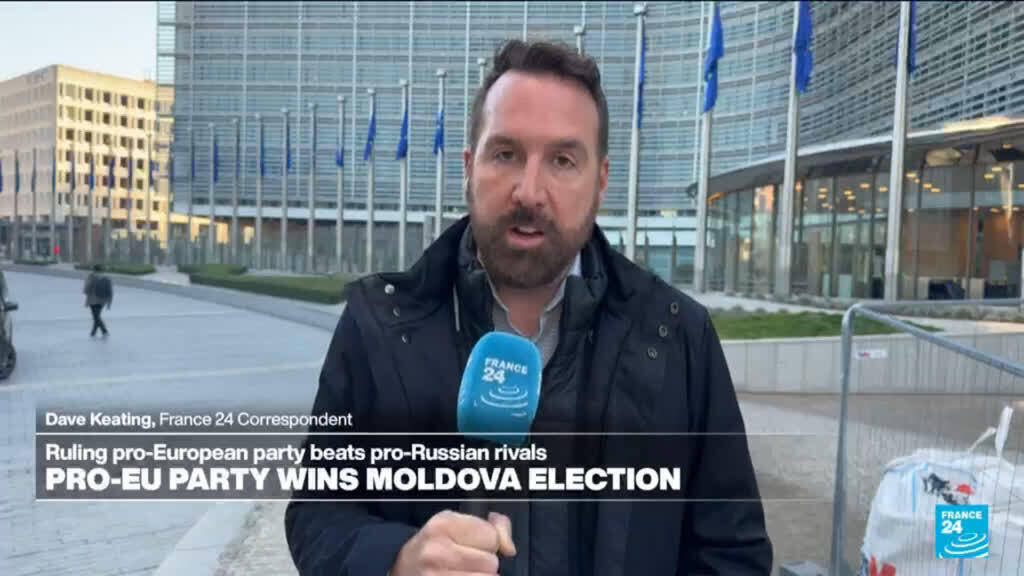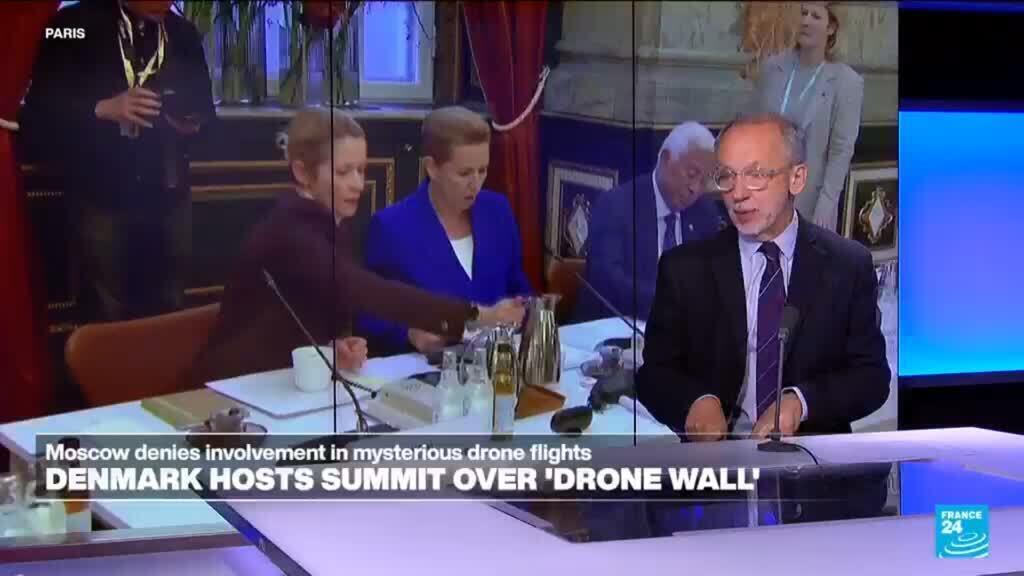Moldovan Elections Under Scrutiny Amid Allegations of Interference
The recent elections in Moldova have drawn significant attention not only from local observers but also from the European Union, highlighting the geopolitical tensions in the region. The elections, which took place in October 2023, were marred by a series of troubling incidents that raised questions about the integrity of the voting process and the influence of external actors, particularly Russia.
Reports surfaced indicating that the elections were characterized by irregularities, including voter intimidation and the interference of foreign entities. As Moldovan citizens cast their votes, many expressed concerns over the potential impact of Russian influence, a recurring theme in many recent elections in Eastern Europe. Observers noted that the presence of pro-Russian forces in Moldova has intensified as the country navigates its path between European integration and Russian political pressures.
In the lead-up to the elections, the European Union emphasized the importance of a transparent democratic process in Moldova. Officials highlighted their commitment to supporting Moldova's sovereignty and democratic institutions amidst growing fears of destabilization linked to foreign interference. The EU's monitoring mission aimed to ensure that the elections would reflect the true will of the Moldovan people, who have historically faced both external pressures and internal divisions regarding their country's political orientation.
One of the most significant concerns raised was the use of disinformation campaigns, believed to be orchestrated by Russian operatives. These campaigns targeted voters through various media, attempting to sway public opinion and undermine trust in the electoral process. Local analysts reported that the spread of fake news and propaganda had intensified in the weeks leading up to the elections, complicating efforts to maintain an informed electorate.
The political landscape in Moldova has been further complicated by domestic factors. Long-standing economic issues, corruption allegations, and public disillusionment with political elites have left voters in a state of uncertainty. These local grievances created a fertile ground for external interference, as various factions sought to exploit public dissatisfaction to further their own agendas. As a result, the elections were not merely a contest between political parties but also a battleground for influence between Russia and the West.
As voting commenced, incidents of violence and intimidation were reported in several areas, prompting concerns among human rights organizations. Incidents involving aggressive behavior towards voters and election monitors raised alarms about the potential suppression of dissenting voices and the overall fairness of the electoral process. The EU and various NGOs condemned these acts, calling for accountability and improved security measures to ensure safe participation in the democratic process.
In addition to physical threats, cyberattacks targeting electoral infrastructure were also reported. These attacks were believed to be part of a broader strategy to disrupt the elections and manipulate outcomes in favor of pro-Russian candidates. Cybersecurity experts have warned that such tactics could undermine the legitimacy of the electoral process and lead to long-term repercussions for governance in Moldova.
As results began to trickle in, the international community held its breath, aware that the outcome of the elections could have significant ramifications for Moldova's future. Analysts noted that a victory for pro-European parties could strengthen the country’s ties with the EU, while a win for pro-Russian factions would signal a shift away from Western alignment and potentially reorient Moldova's foreign policy towards Moscow.
The EU’s role in monitoring the elections and its subsequent response to the results will be pivotal in shaping Moldova's political trajectory. Ensuring that the democratic will of the people is honored will remain a primary focus for European leaders, as they balance the delicate dynamics inherent in Moldova’s geopolitical landscape.












